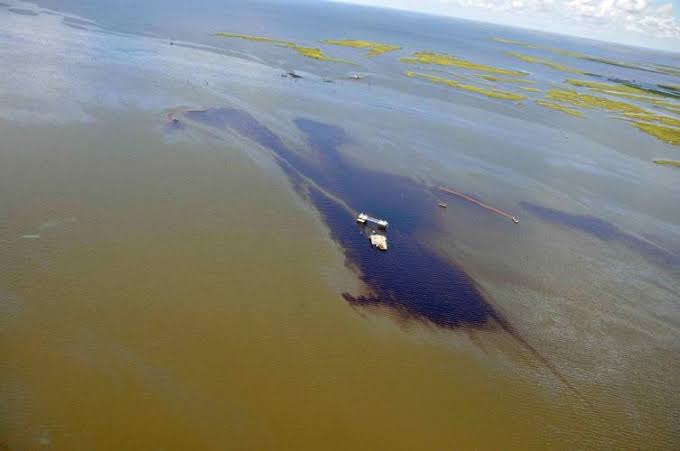The province of Cavite declared a state of calamity on Wednesday in eight municipalities affected by an oil spill that has spread along its coastline, Governor Jonvic Remulla announced.
The Bataan oil spill occurred on July 25, 2024, when the Philippine-flagged industrial fuel tanker MT Terra Nova capsized and sank in Manila Bay, off the east coast of Lamao Point, Limay, Bataan.
The tanker was carrying nearly 1.5 million liters (400 thousand U.S. gallons) of industrial oil.
The affected areas include Bacoor, Kawit, Noveleta, Rosario, Tanza, Naic, Maragondon, and Ternate, according to a statement from the governor’s office.

“The oil spill has now spread along the coastal waters of Cavite,” Remulla said. “We are taking immediate action to address this environmental crisis and support our affected communities.”
In response to the disaster, the provincial government has also imposed a no-catch zone for all shellfish, including mussels, crabs, and clams, in the vicinity of the affected areas. This measure aims to prevent potential health risks associated with consuming contaminated seafood.
The governor’s office estimates that approximately 25,000 fisherfolk have been impacted by the spill. To address their immediate needs, the Cavite government is convening to organize the distribution of relief goods to those affected.
“We are starting all emergency work today,” Remulla said, emphasizing the urgency of the situation.
The declaration of a state of calamity allows local governments to tap into emergency funds and resources to respond to the crisis more effectively. It also enables them to implement price controls on basic necessities and prime commodities, if necessary.
The oil spill raises concerns about long-term ecological damage to Cavite’s marine ecosystems and the livelihoods of thousands who depend on the affected waters for their income.
As cleanup efforts begin, questions remain about the potential duration of the fishing ban and the long-term economic impact on the Cavite’s fishing industry.
Discover more from Cavite News
Subscribe to get the latest posts sent to your email.




